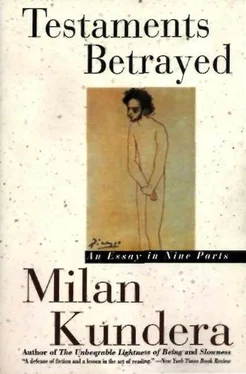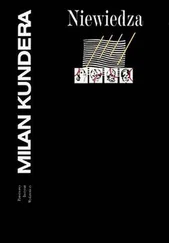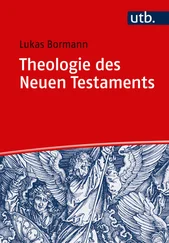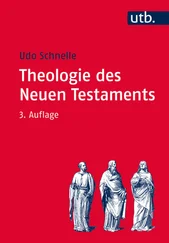Long ago I was moved (I still am) by the end of Faulkner's novel The Wild Palms. The woman dies of a botched abortion, the man is in prison under a ten-year sentence; a white tablet, poison, is brought to him in his cell; but he quickly dismisses the idea of suicide, because his only way of prolonging the life of the beloved woman is to preserve her in his memory.
"… so when she became not then half of memory
became not and if I become not then all of remembering will cease to be.-Yes, he thought, between grief and nothing I will take grief."
Later on, writing The Book of Laughter and Forgetting, I immersed myself in the character Tamina, who has lost her husband and is trying desperately to recover, to gather, scattered memories so as to reconstruct a person who has disappeared, a bygone past; it was then that I began to understand that a memory doesn't give us back the dead person's presence; memories are only confirmation of his absence; in memories the dead person is only a past that is fading, receding, inaccessible.
Yet if it is impossible for me ever to regard as dead the being I love, how will his presence be manifested?
In his wishes, which I know and with which I will keep faith. I think of the old pear tree that will stand outside the window for as long as the peasant's son shall live.
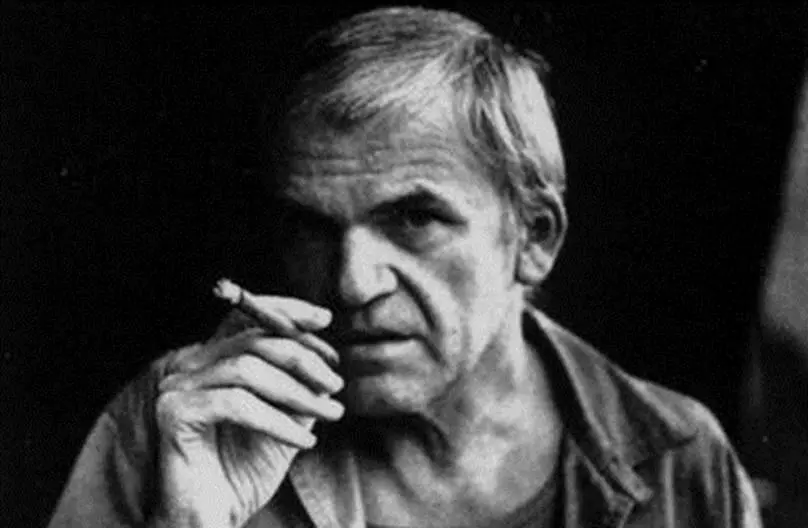
***

[1] Janacek's expressionism is not an exaggerated extension of Romantic sentimentality. On the contrary, it is one historical option for moving out of Romanticism. An option very different from the one Stravinsky chose: unlike him, Janacek did not reproach the Romantics for having talked about feelings; he reproached them for having falsified them; for having substituted sentimental gesticulation ("a Romantic lie," Rene Girard [1] calls it) for the unmediated truth of the emotions. He has a passion for the passions, but still more for the precision he musters to express them. Stendhal, not Hugo. Which involves breaking away from Romantic music, from its spirit, from its hypertrophied sonorities (Janacek's economy of sound shocked everyone in his time), from its structure.
At last, an occasion to cite Rene Girard; his Mensonge romantique et verite romanesque is the best book I have ever read on the art of the novel.
[2] Secluded behind their inaccessible languages, the small European nations (their life, their history, their culture) are very ill known; people think, naturally enough, that this is the principal handicap to international recognition of their art. But it is the reverse: what handicaps their art is that everything and everyone (critics, historians, compatriots as well as foreigners) hooks the art onto the great national family portrait photo and will not let it get away. Gombrowicz: to no purpose (and with no competence either), foreign commentators struggle to explain his work by discoursing on the Polish nobility, on the Polish Baroque, etc., etc. As Lakis Proguidis writes, [2] they "Polonize" him, "re-Polonize" him, push him back into the small context of the national. However, it is not familiarity with the Polish nobility but familiarity with the international modern novel (that is, with the large context) that will bring us to understand the originality and, hence, the value of Gombrowiczs novels.
Lakis Proguidis, Un ecrivain malgre la critique (Paris: Gallimard, 1989).
[3]Jaroslav Vogel, Leos Janacek (Prague, 1963: revised English translation, New York: W. W. Norton, 1981), a detailed and honest book, but limited in its judgments by its national and nationalistic horizon. Bartok and Berg, the two composers most closely related to Janacek on the international scene: the former is not mentioned at all, the latter barely. How is one to locate Janacek on the map of modern music without these two reference points?
